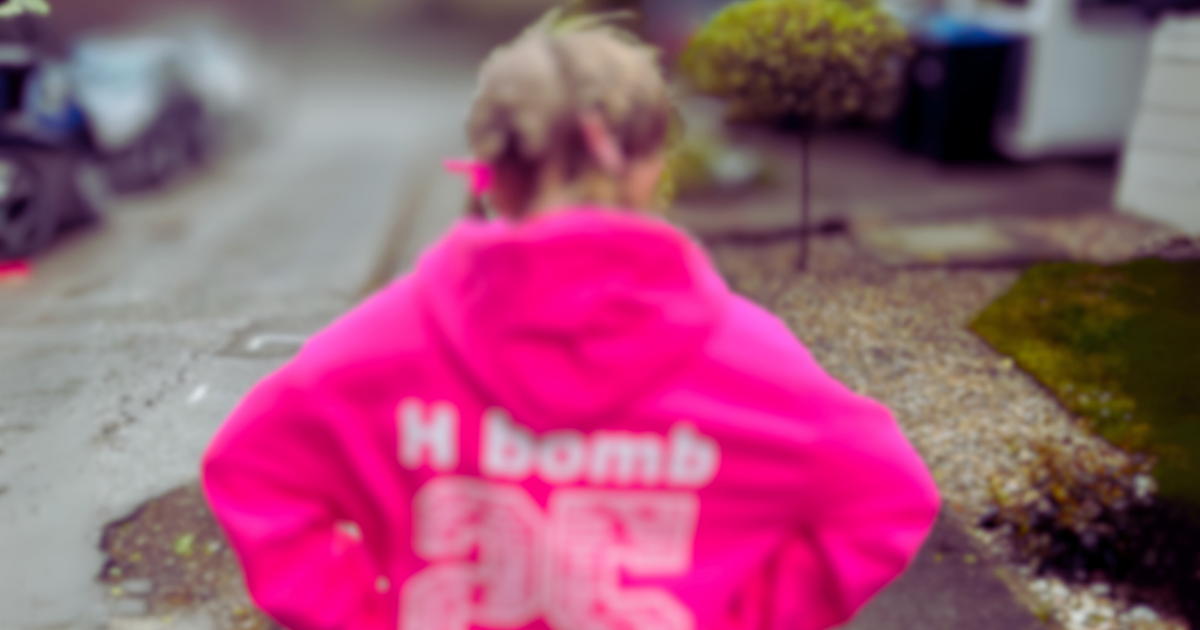By Samantha Craven, Well Connections
There’s a moment many parents will recognise – standing in the kitchen, chatting with a friend about our children’s changing friendships, and suddenly realising they’re not little anymore. The end of Year 6 brings with it not just SATs and leavers’ hoodies, but a whole host of emotional shifts that can catch both children and parents off guard.

Recently, my own daughter – like many 11-year-olds preparing to move on to secondary school – started experiencing friendship ups and downs that felt bigger than ever before. Something that might have blown over in ten minutes a year ago now lingers in her mind all day. Tears over a group chat, worries about being left out, or suddenly not knowing who to sit with at lunch. These aren’t “just” friendship dramas – they’re part of how our children are learning to understand their emotions, identity, and social world.
And it got me thinking – how often do we talk to children about the normality of shifting friendship groups, or that it’s okay to show different parts of yourself to different people?
Why Does Everything Feel So Big Right Now?
At this age, children’s brains are doing some incredible work behind the scenes. Emotional regulation – the ability to identify, manage, and respond to feelings – is still developing. I learnt this from one of our incredible psychologists, Nina Preston, when she was explaining how the tween and teenage brain evolves.
The limbic system, which governs emotion, is particularly active during these years, while the prefrontal cortex – the part responsible for reasoning, problem-solving, and impulse control – is still under construction. This means emotions can feel veryintense, and reactions may seem bigger than the situation. But it’s all part of a healthy developmental process.
Add to that a surge of hormones, growing independence, and a deepening desire to belong, and it’s no wonder that friendship changes and social shifts can feel all-consuming.
Different Friends, Different Roles
One of the most reassuring things I’ve come to realise – and now try to share with my daughter – is that friendships evolve, and that’s okay. We all have different types of friends: some we turn to for fun, some for comfort, some we’ve outgrown, and some who stay in our lives forever. Children don’t always know this instinctively – they can feel lost or even betrayed when friendship dynamics shift.
We may act slightly differently with different people – more silly with one, more serious with another. This doesn’t mean we’re being ‘fake’ or not true to ourselves. It’s about how we relate, how we respond, and how we find connection in different spaces.
Understanding this can help children feel less anxious when things don’t feel the same as they once did.
How Parents Can Help
Supporting your child through this transition doesn’t mean having all the answers – but it does mean creating space to talk, reflect, and normalise their experiences. Communication is key here, as it often is.
Here are a few ways to help…
- Name the Feelings – Use everyday language to help your child identify what they’re feeling. “It sounds like you felt really left out when that happened” is more powerful than “don’t worry, it’s nothing.”
- Normalise Change – Reassure them that it’s normal for friendships to change, especially during transitions like moving schools.
- Celebrate All Friendships – Help them see the value in different types of friendships – some might be close and deep, others light and fun – and that all have their place.
- Model Flexibility – Talk about your own friendships and how they’ve evolved. Children often learn emotional flexibility by watching the adults around them.
- Hold Space, Not Solutions – Sometimes, your child doesn’t need a fix – just someone to sit with them in the hard feelings and say, “I get it. That must be tough.”
Looking Ahead
The move to secondary school is a big milestone – and it’s about so much more than a new uniform and bigger backpack (or handbag!)
It’s an emotional leap, too. Helping children build emotional awareness, relational resilience, and a sense of self-worth now will give them tools they’ll carry long after Year 6.
At Well Connections, we’re here to support families through these growing-up moments – whether that’s through therapy, coaching, or simply offering space for reflection. If you think your child might benefit from talking to someone about friendships, anxiety, or transitions, we’d be happy to help. We offer Parenting help too.
Because sometimes, understanding emotions starts with just one honest conversation.
📞 Book a FREE consultation call: https://calendly.com/wellconnections/consultation
📧 Email: info@wellconnections.co.uk
